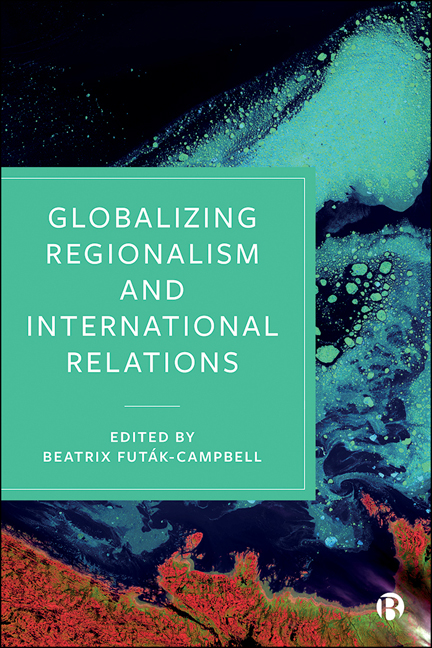Preface
Published online by Cambridge University Press: 21 December 2021
Summary
This edited volume has been a collective effort of scholars who are determined to honour, revive and rediscover the global in world politics. What makes this volume even more timely is the changing world order in which Western hegemony is gradually being challenged and in which we are all moving towards a more multipolar world. This change requires adjustment.
As I write this, in Asia, the ten countries that comprise the Association of Southeast Asian Nations (ASEAN) signed a regional trade agreement with China, Japan, South Korea, Australia and New Zealand. Doing so instantly made them the world's largest trading bloc, surpassing that of the European Union (EU) or North America. In addition, a much smaller but equally important regional deal, the Central European Free Trade Agreement (CEFTA), was struck between six nations in the Western Balkans. This agreement has established a common regional market that includes the freedom of movement of goods and people. While this development brings much hope for unity in the formerly war-torn Yugoslavia (bar Croatia and Slovenia), it is a clear challenge to the EU's dominance in the region despite the EU's open encouragement of the agreement. It also shows the Balkan states’ weariness of the drawn-out enlargement process and the unlikely outcome of them ever joining the EU. What is also significant with both deals is that the two actors who have been shaping the rules of global free trade and engineering regional trade blocs, the United States (US) and the EU, are not included. I am not suggesting the US or the EU are irrelevant actors, but both of these deals are a clear challenge to their status as dominant global and regional actors respectively. Therefore, both the US and the EU need to start engaging with the others and understand them for who they are, what they want and what values they represent rather than assuming what they should or could do and what they should embody. Doing so will allow these actors to remain relevant and maintain an international system based on values to which they too can relate.
This volume speaks exactly to these sentiments. It originates from a workshop organized around the annual lecture of the Leiden University Centre for International Relations (LUCIR), delivered by Amitav Acharya in early February 2018.
- Type
- Chapter
- Information
- Globalizing Regionalism and International Relations , pp. xiii - xviPublisher: Bristol University PressPrint publication year: 2021

